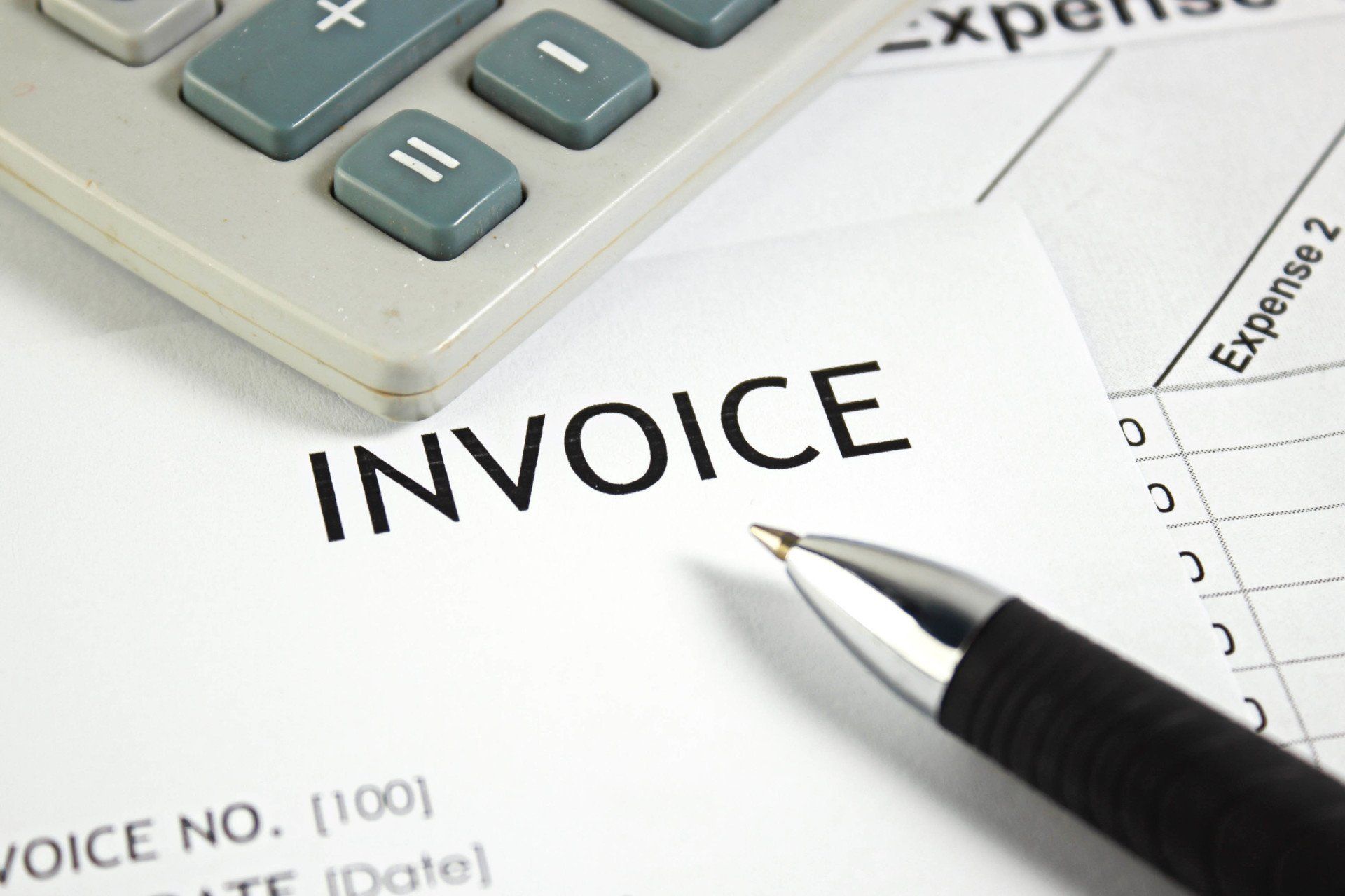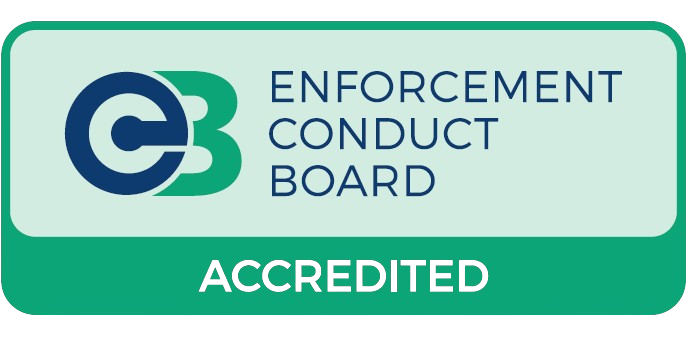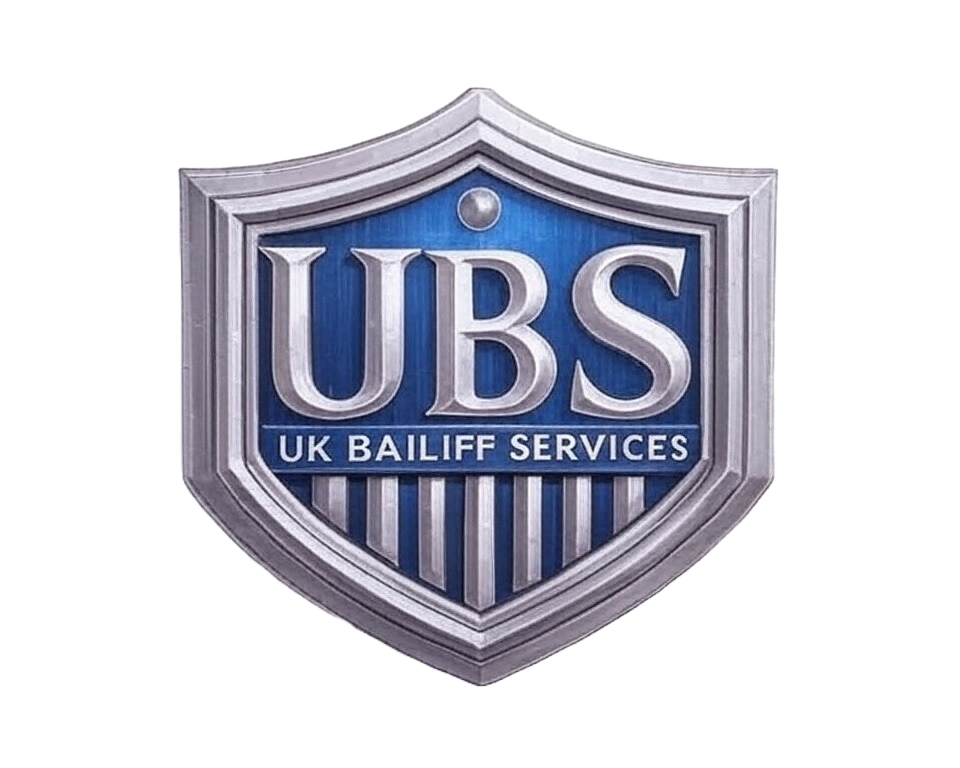NEWS and Updates
How to collect outstanding invoices?

Invoice Protection
We are often instructed to collect outstanding invoices. The main issues we come across are poorly created invoices and our clients not wanting to upset their customers by chasing these debt.
Here we explain how invoices should be created and how to put in place protocols to maintain good cashflow.
Invoice Creation:
Creating a clear and professional invoice is the first crucial step in ensuring timely payments. Your invoice is a legal contract offering goods or service in exchange for payments and like any good contract it is essential to include the correct details and consequence of failure to keep terms.
Your invoice should include the following key elements:
- Your Business Details: Include your business name, address, contact information, and VAT registration number if applicable.
- Client Details: Include your client's name, address, and any relevant contact details.
- Invoice Number and Date: Assign a unique invoice number and date for record-keeping and reference.
- Payment Terms: Clearly specify your payment terms, such as "Due upon receipt" or "Net 30 days."
- Itemized Services: List the services or products provided, including descriptions, quantities, rates, and total amounts for each line item.
- Payment Methods: Include details for payment methods, such as bank transfer, PayPal, or other accepted options.
- Total Amount Due: Provide the total amount due, including VAT if applicable
- Late Payment Charges: If you choose to charge interest on late payments, clearly state any additional charges for late payments.
Late Payment Legislation:
In the United Kingdom, late payment legislation exists to protect businesses from delayed or non-payment by clients: the Late Payment of Commercial Debts (Interest) Act 1998
- Late Payment Interest: businesses have the right to claim interest at a rate of 8% plus the Bank of England base rate on overdue payments. in addition to:
- Statutory Costs: The legislation allows for statutory costs to be added to the invoice once it is overdue.
(a) for a debt less than £1000, the sum of £40;
(b) for a debt of £1000 or more, but less than £10,000, the sum of £70;
(c) for a debt of £10,000 or more, the sum of £100.
- Statutory Payment Terms: Unless you have agreed on different terms with your client, the statutory payment terms are 30 days for business transactions and 60 days for public sector transactions.
- Prompt Payment Code: Some larger companies and public sector organizations have signed the Prompt Payment Code, committing to paying suppliers promptly. If your client is a signatory, they should pay you within the agreed terms.
In our own terms and conditions on our invoices, we include the text below :
Terms and Conditions:
Payment is due on invoice being sent unless stated differently.
Late payment charges may be applied under the Late Payment of Commercial Debts (Interest) Act 1998
In addition, we reserve the right to add reasonable costs to the invoice for costs associated with debt collection.
Chasing Invoices:
To ensure your invoices are paid promptly, it is advisable to put clear procedures in place.
- Set Clear Expectations: Communicate your payment terms upfront, It is always a good idea to state costs in written communications first
- Send Reminders: Send friendly payment reminders before the due date, and consider automating this process.
- Leverage Technology: Use accounting software to track and manage invoices efficiently.
- Overdue Reminder: Once payment has past the due date, a further friendly reminder should be sent to advise your client that payment 'appears not to have been received'. Using non-definitive statements like this encourages engagement.
- Be Persistent: If payments are overdue, don't hesitate to follow up with phone calls and emails. For hierarchal businesses we would suggest a supervisor or manager could get involved at this stage to show escalation to your client.
- Offer Payment Plans: In some cases, offering a payment plan can help clients settle their debts without straining their cash flow.
- Debt Recovery Options : If these methods fail, consider working with a debt recovery company. Most professional debt recovery companies will offer more than one solution or suggestion to recover the invoice.
Upsetting Clients
One of the concerns we hear from our clients is that they don't want to upset or lose their regular customers
A lot of the time, especially when dealing with other businesses who have to deal with their own invoicing problems, your client will appreciate that you are being fair and firm.
By clearly setting out your procedures and protocols, it will hopefully create a clearer eco-system for your finances.
Calculator
To work out the additional charges and interest, you can use our free online calculator.
This is set at the current Bank of England Rate of 5.25%. Please check your calculations before issuing demands.
Late Payment Calculator
Use this calculator to determine late payment interest and statutory charges under the Late Payment of Commercial Debt Act. (based on current base rate of 5.25% + 8%)
Late Payment Interest: £ 0.00
Statutory Charges: £ 0.00
Total Amount: £ 0.00









